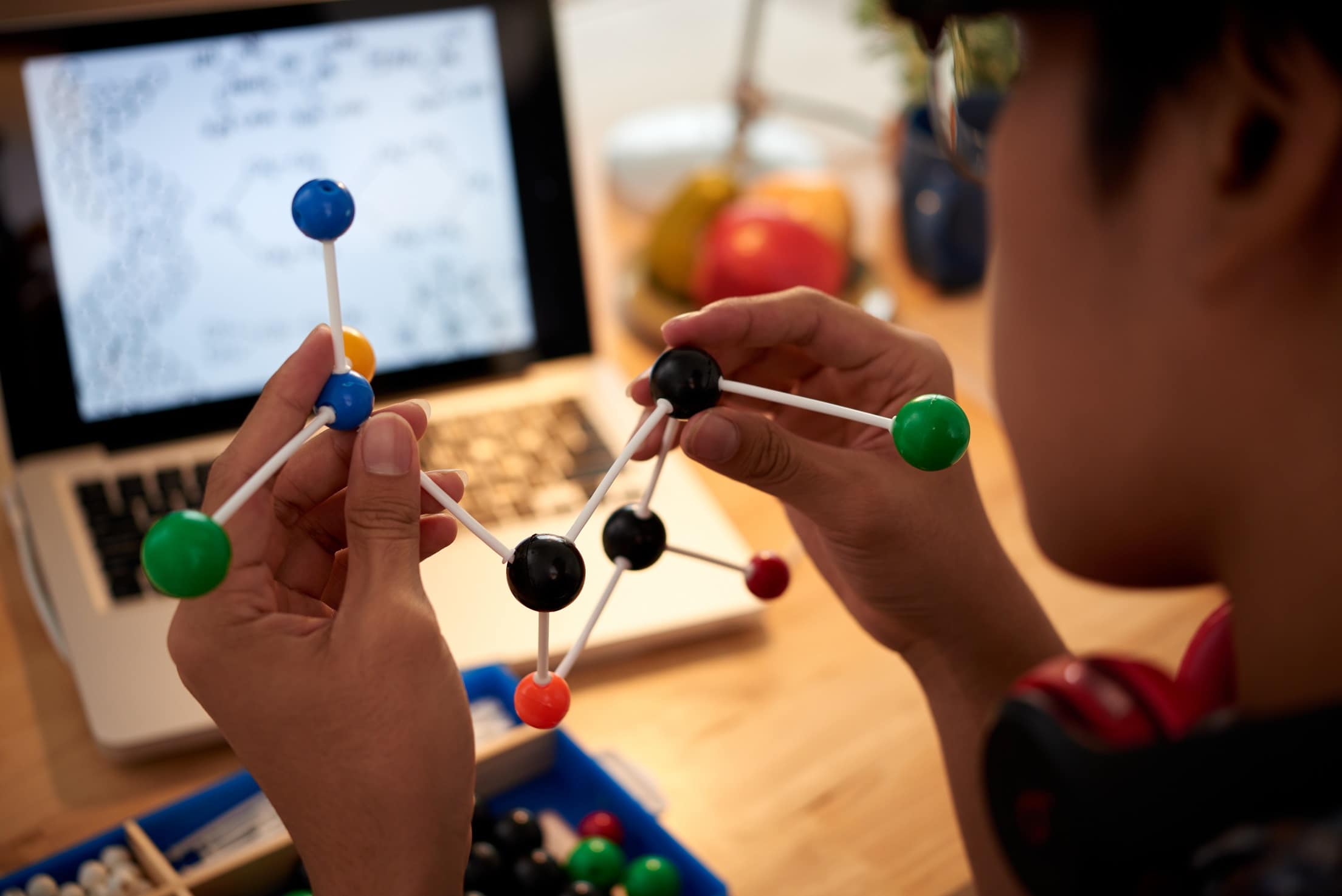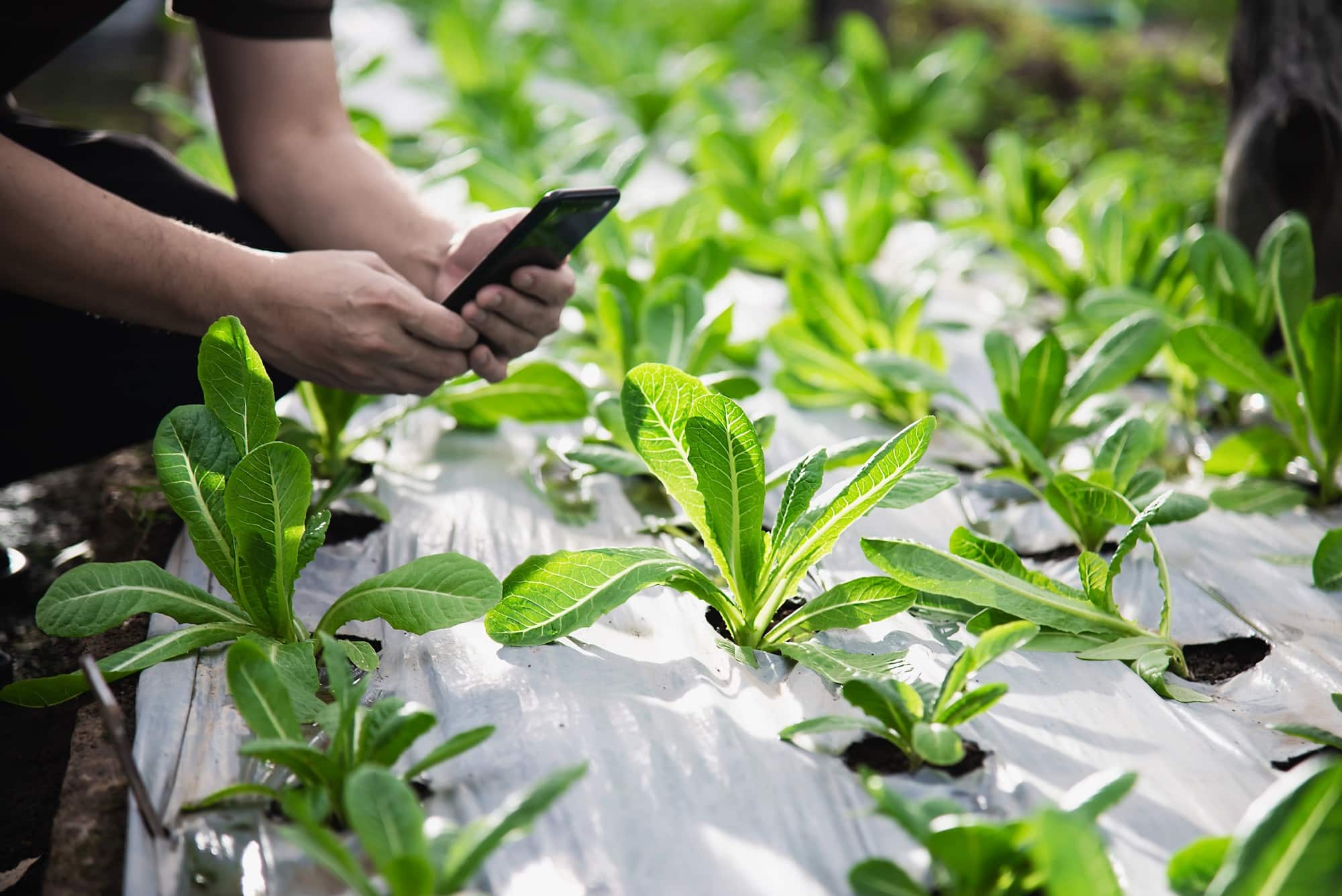Change Language: ภาษาไทย
Education at SCI-TU
Subject
DEPARTMENT OF MATHEMATICS AND STATISTICS
This is the oldest subject department of the Faculty of Science and Technology. Its courses are offered for theoretical and applied mathematics and statistics.
In addition, innovation courses are offered with emphasis on learning that blends many sciences together such as management mathematics and insurance science with priority on producing high-quality graduates with rational thinking skills and abilities in applying their skills in many fields such as planning and development, logistics, insurance and finance.
DEPARTMENT OF PHYSICS
This department covers pure physics learning about the many natural and man-made physical phenomena and provides both theoretical explanations and physical practice. Emphasis is placed on mechanics, electricity, thinking and analysis of tools and equipment and electronic physics learning relating to semi-conductors, basic electronic circuits, digital circuits, construction of miniature robots and computer-software-controlled hardware for creating new technologies and innovations to support industrial growth.
DEPARTMENT OF CHEMISTRY
This department combines pure chemistry with applied chemistry. Courses are geared toward studies and understanding of various natural processes that surround us such as their characteristics, components, structures, interrelationships, and pros and cons, including how chemistry relates to human and animal living conditions, such that works can be expanded into structured research for solving problems in daily living such as in the development of medicines, nanotechnologies and commercialization.
DEPARTMENT OF COMPUTER SCIENCE
This department has long been famous for its provision of computer science learning in both theoretical and practical formats involving modern technologies and tools. In-depth studies offer knowledge about the actual hardware and software of computer systems, networks and security, all of which build an excellent foundation for expansion in other specialized subjects such as cloud computing, software design and development, software testing, artificial intelligence or AI, and data science to meet the needs of people seeking more advanced studies or to work in a variety of organizations or businesses currently in high demand in the market.
DEPARTMENT OF AGRICULTURAL TECHNOLOGY
This department emphasizes learning about agricultural technologies, whether for the production of crops or livestock. Lectures accompany practical exercises to ensure that appropriate sciences and technologies can be used effectively in professional occupations and production planning. In addition, conservation and ecological restoration mindsets are instilled along with the development of agricultural technology appropriately and sustainably to permit a variety of agricultural occupational pursuits such as agricultural professors, academics, researchers and promotors.
DEPARTMENT OF ENVIRONMENTAL SCIENCE
This department stands out in the faculty, as it teaches environmental science and environmental management aspects such as air and noise pollution, vibrations, waste management, toxin management, and application of geographic information technology. Upon graduation, students should be able to work in any environmental area, with job guarantees in both the private and public sectors. This is because Thailand is currently seriously in short of environmental personnel, analysts and researchers.
DEPARTMENT OF SUSTAINABLE DEVELOPMENT TECHNOLOGY
This department prioritizes development of manpower and appropriate technology research and studies for community and rural develop on the basis of self-reliance in order to lead to sustainable community and rural development. It integrates engineering, scientific, technological, social and economic components together, so students who graduate from this subject will be able to work in the academic services sector for society in areas relating to geographic systems, local development and training of public sector, private sector and state enterprise personnel, including local development agencies.
DEPARTMENT OF FOOD SCIENCE AND TECHNOLOGY
This department combines theories and practice exercises in sciences and technologies related to food processing, food quality assurances, food molecular biology, food chemistry, food quality assessments through the senses, sanitation for food producers, food marketing, food product development, food packaging, food laws and regulations, etc., all of which are offered along with learning experiences in agencies or leading domestic or international food industrial factories to ensure that knowledge can be effectively applied in the development of new innovations or expanding personal work or businesses in the future.
DEPARTMENT OF BIOTECHNOLOGY
This department offers comprehensive biotechnology learning covering plant biotechnologies, industrial biotechnologies and environmental biotechnologies with emphasis on developing capabilities in creating and developing new inventions that can be actually utilized commercially. Students will also gain research experience in working with expert professors in a laboratory setting while using specialized instruments for advanced research and the ability to pursue a variety of occupations such as biotechnology researcher, professor, researcher and developer (R&D) in academic or industrial organizations, including production control and marketing processes.
DEPARTMENT OF MATERIALS AND TEXTILE TECHNOLOGY
This department offers learning about the textile industry, technical textiles, attires, production, design, material properties and utilization of a variety of technologies such as engineering and medical materials, computers, and electronics, all combined with creativity in the creation of new textile innovations such as technical textiles and special textiles and design and development for enhancing competitiveness. Graduates will be able to pursue such occupations as scientist, researcher, academic, and entrepreneur, and the labor market will definitely support them, as the textile industry is vital to the national economy and there is a shortage of workers in this sector.










